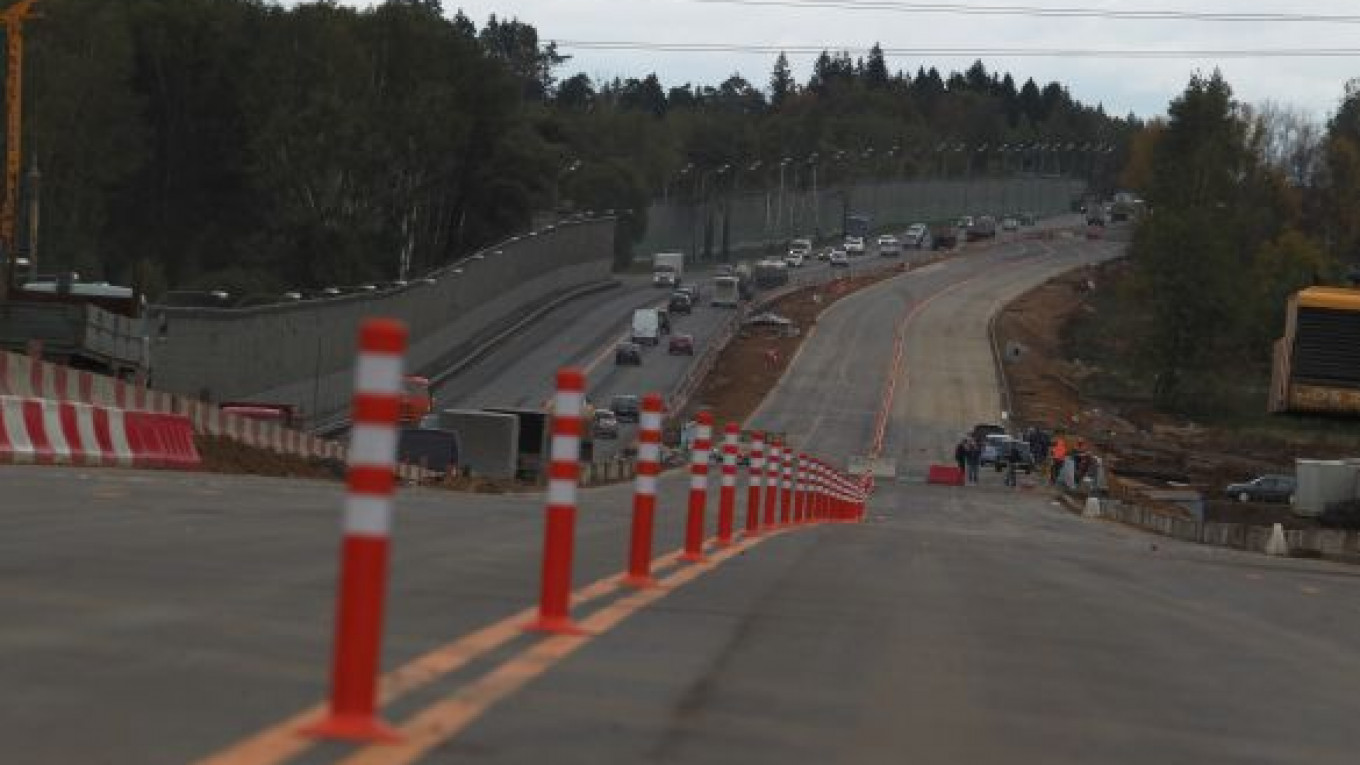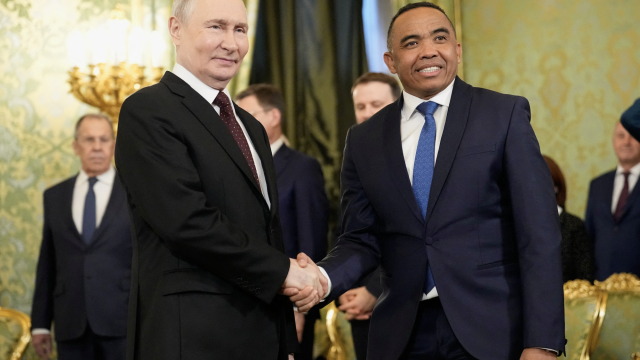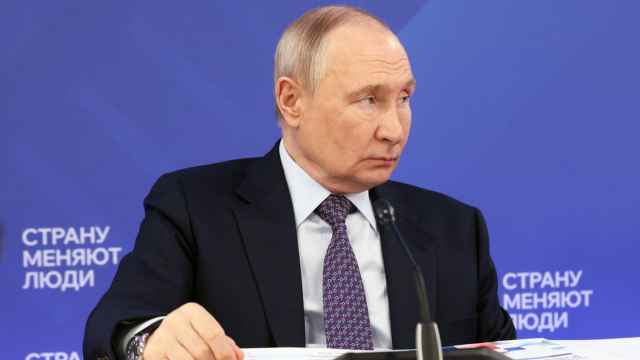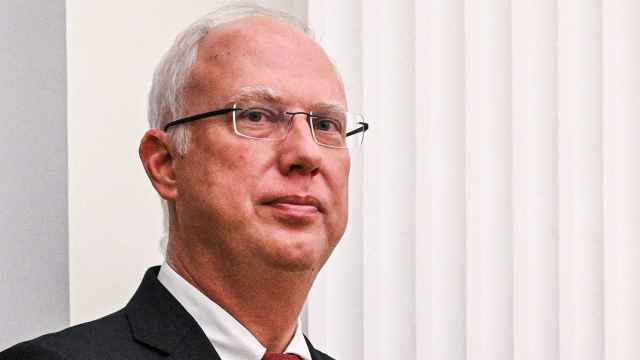Amendments to the draft Federal Law On Basics of Public Private Partnership to be considered by the State Duma this fall may limit private investors' opportunities when co-investing with the government.
A new copy of the bill specifies 11 forms that Public Private Partnerships can take in Russia, previously absent from the first draft considered by the State Duma earlier this year, Vedomosti reported Tuesday.
These are based around property rights — regulating the type of property that can be passed to and from state and private investors and the terms of transfer — and include no provision for private investors to use their own property rather than that belonging to the state.
The limited number of partnership forms included in the list is restrictive, said Alexander Dolgov from Gide Loyrette Nouel.
For example, when building a garbage dump, a partnership wishing to sign a deal with the owners of neighboring land to increase its capacity would be unable to do so, he added.
However, the list of PPP forms specified in the draft is not expected to be exclusive, said Yevgenia Zusman, senior associate at Vegas Lex law firm.
It is still potentially problematic, Dolgov said, because new forms of partnerships that are not be included in the law will require additional laws or government decrees, which is a time consuming process.
Western countries boast numerous contractual PPP structures, including Build-Operate-Transfer, or BOT, Build-Transfer-Operate, or BTO, Build-Own-Operate, or BOO, Build-Operate-Maintain-Transfer, or BOMT, Design-Build-Own-Operate-Transfer, or DBOOT, and others.
Russian PPP projects are currently limited to BOT, BTO, BOO and Lease Agreements, said Anna Kotova-Smolenskaya from law firm Yust.
Current public-private partnership projects in Russia include the construction of the 15 to 58 kilometer section of the Moscow-St. Petersburg highway and reconstruction of the Pulkovo airport in St. Petersburg.
PPP agreements in Russia are regulated by various provisions of the Civil Code and a hotchpotch of federal and regional laws.
Defending the concept of PPP, the communist Sergei Gavrilov, chairman of the Duma's property committee, said it should be seen as a model of economic development, a new and logical approach aimed at solving social problems and stimulating economy.
"PPP is not another way to spend state money or manage state property, it is an instrument to increase business activity in those industries, subjects and spheres, where the state does not have enough funds or capability to fulfill its public functions," he said, an official statement published on the Communist Party's website stated.
Contact the author at [email protected]
A Message from The Moscow Times:
Dear readers,
We are facing unprecedented challenges. Russia's Prosecutor General's Office has designated The Moscow Times as an "undesirable" organization, criminalizing our work and putting our staff at risk of prosecution. This follows our earlier unjust labeling as a "foreign agent."
These actions are direct attempts to silence independent journalism in Russia. The authorities claim our work "discredits the decisions of the Russian leadership." We see things differently: we strive to provide accurate, unbiased reporting on Russia.
We, the journalists of The Moscow Times, refuse to be silenced. But to continue our work, we need your help.
Your support, no matter how small, makes a world of difference. If you can, please support us monthly starting from just $2. It's quick to set up, and every contribution makes a significant impact.
By supporting The Moscow Times, you're defending open, independent journalism in the face of repression. Thank you for standing with us.
Remind me later.






